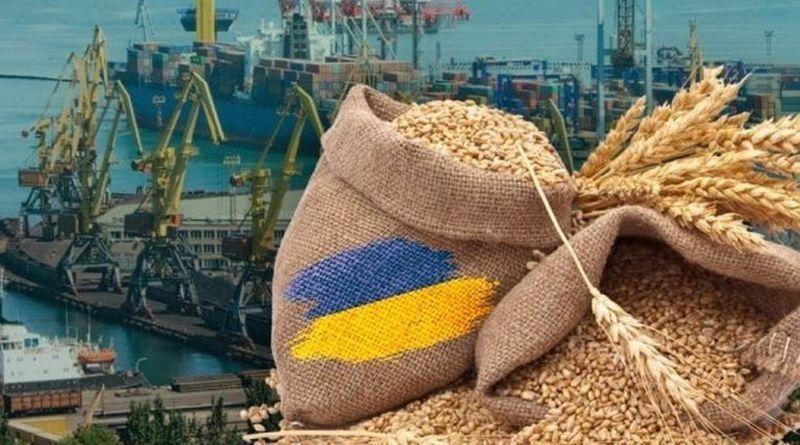France has joined Poland in advocating for additional restrictions on the import of Ukrainian agricultural products, potentially jeopardizing the extension of Kyiv's free-trade access to the European Union, Politico reported.
The move comes as French President Emmanuel Macron and Polish Prime Minister Donald Tusk met during the Weimar Triangle summit in Berlin, expressing support for Ukraine and pledging further military aid for the country.
Despite their public solidarity, the leaders agreed to push for measures that could significantly impact Ukraine's trade revenue, with European Commission estimates indicating a potential loss of €1.2 billion.
The proposed restrictions have caused a rift in the EU, necessitating last-minute negotiations to reconcile differences between EU member states and the European Parliament, Politico reported, citing three European diplomats, who spoke on condition of anonymity The diplomats expressed concern that the measures advocated by France and Poland, which include import caps on various cereals and honey, could undermine the EU's support for Ukraine. One diplomat remarked, "That’s a massive cut to a country that needs all the help it can get," highlighting the potential economic impact on Ukraine.
“The member states that are making the biggest show of their support to Ukraine are also the ones doing the most damage to the country,” the diplomat added.
France's alignment with Poland, which is dealing with domestic protests from farmers demanding a curb on Ukrainian imports, reflects a broader concern among EU member states about the competitiveness of their agricultural sectors.
Protests of Polish farmers against imports of Ukrainian agriculture have been ongoing for more than eleven months. They started in April 2023, with some government restrictions on imports from Ukraine imposed in September 2023 and nearly complete border blockades renewed by farmers first in November 2023 and then in February 2024.
Currently, several dozens of Polish protesters, guarded by the police, block thousands of Ukrainian trucks at all road checkpoints between the countries, causing at least $3 billion in annual losses only in customs payments, which the Ukrainian army badly needs to purchase ammunition and equipment.
Poland’s paradox: blockading Ukraine trade, continuing Russia imports
In February, Tusk highlighted the possibility of expanding the national embargo on Ukrainian grain imports to encompass additional products.
EU ban on Ukrainian agricultural products
The EU imposed a ban on Ukrainian agricultural products in May 2023 as a temporary measure temporary measure “to avoid market distortions.” The decision followed unilateral bans in five EU countries bordering Ukraine, Poland, Hungary, Slovakia, Romania, and Bulgaria, in what has been called “blackmail” of the EU commission.
The ban only applied to domestic sales of Ukrainian wheat, maize, rapeseed, sunflower seeds, and sunflower oil, while allowing transit of such products for export elsewhere. It blocked over 14% of overall Ukrainian agricultural exports, dealing a blow to its wartime economy.
The EU lifted the ban on Ukrainian agricultural products on 15 September 2023, after Ukraine agreed to introduce legal measures within 30 days to avoid grain surges and ensure fair competition.
The EU also said that the market situation had improved and that the temporary measures had achieved their objective.
However, some EU countries, such as Poland, Hungary, and Slovakia, decided to extend their own national bans on Ukrainian products, citing the need to protect their farmers and food security.
Read also:
- EU to “impose tariffs” on Russian grain imports
- Czechia to propose ban on Russian grain imports into EU
- Latvia bans agricultural imports from Russia, Belarus





